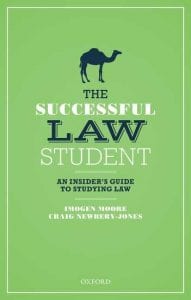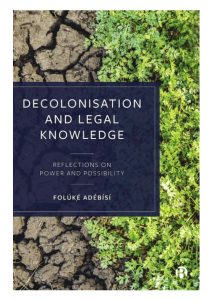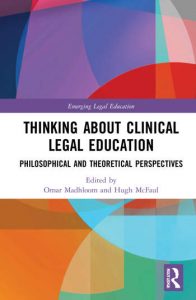By Imogen Moore, Senior Teaching Fellow (University of Bristol Law School)

‘The Successful Law Student: An Insider’s Guide to Studying Law’ (Oxford, 2018), co-authored with Craig Newbery-Jones of the University of Leeds, was written with the aim of supporting and guiding law students through transition, the law degree, and beyond. One of the particular features of the book is the incorporation of authentic student comments to support, challenge and enrich the text. It is the value and significance of this student voice that I intend to focus on in this blog post.
As the slightly quirky design might indicate, ‘The Successful Law Student’ is neither a substantive law textbook nor a conventional legal skills compendium. Our goal was to create a ‘supportive friend’ to assist a law student through the challenges they might face, recognising that every student’s experience will be unique. The book is therefore aimed at any and all aspiring and current law students rather than directed toward any particular ‘type’ of law student, law degree, institution or career aspiration. And at its core is a definition of success rooted in the individual and not dependent on external validation.
A key element of our initial proposal was the inclusion of the authentic and reflective voice of our students, providing their take on aspects of the law student experience: a feature we dubbed ‘I wish I’d known’. This reflects the book’s origins in myriad conversations with prospective, current and former students over many years in different institutions, as well as our own interests, aims, experiences, and occasional frustrations. Our publisher, OUP, supported this by enabling us to communicate with a large number of students beyond our own institutions, ensuring the student voice incorporated within each chapter of ‘The Successful Law Student’ truly reflects the diverse law student community.
We were pleased – but perhaps a little surprised – at just how popular this feature proved to be with reviewers of early drafts. It appeared that using student voice in this way was really valued. Why might this be? (more…)







